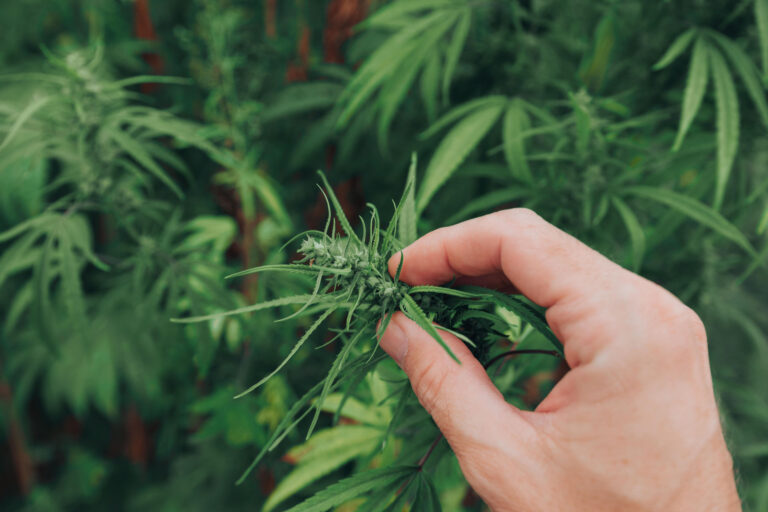If marijuana is rescheduled, will it be legalized nationwide? The Hill

(NEXSTAR) — The legalization of marijuana has been a frequent topic of discussion in recent years, with many states opting to legalize it themselves instead of waiting for the federal government to do so.
But now, federal health officials have recommended reclassifying marijuana, giving some hope that this could be a crucial step toward national legalization.
Unfortunately, that isn’t exactly what it means.
Marijuana is currently classified as a Schedule I controlled substance, meaning the Drug Enforcement Administration considers it without a “currently accepted medical use and a high potential for abuse.”
Marijuana rescheduling falls short of expectations on Biden
However, the Department of Health and Human Services has sent its findings on marijuana to the DEA, reportedly recommending that it be reclassified as a Schedule III drug. That classification means the substance has a “moderate to low potential for physical and psychological dependence.”
Other Schedule III drugs include ketamine and anabolic steroids.
While it sounds promising, not much has actually changed for marijuana. It will take some time for the DEA to make any decision on reclassifying weed. And even if it is reclassified, marijuana would still be a controlled substance, subject to federal rules and regulations.
It also would not immediately be legalized for recreational use on the federal level. Rescheduling marijuana does not decriminalize marijuana, either.
Reclassification would, however, open the door to more research – because it’s easier to study Schedule III drugs than Schedule I drugs.
Will TSA stop you for marijuana in your luggage?
It would also potentially cut the federal taxes that companies pay. Under the federal tax code, businesses involved in “trafficking” in marijuana or any other Schedule I or II drug can’t deduct rent, payroll or various other expenses that other businesses can write off. (Yes, at least some cannabis businesses, particularly state-licensed ones, do pay taxes to the federal government, despite its prohibition on marijuana.) Industry groups say the tax rate often ends up at 70% or more.
Where is marijuana already legal?
Nearly two dozen states have legalized recreational marijuana use for adults. Thirty-eight states have also legalized marijuana for medicinal use.
Among the latest to legalize are Rhode Island, New York, Connecticut, Maryland, and Missouri.
The interactive map below shows the status of marijuana legalization in each state as of June 2023, according to data from the National Conference of State Legislatures.
It’s not clear what impact a reclassification of marijuana would have on these states.
Natacha Andrews, executive director for the National Association of Black Cannabis Lawyers, tells The Hill it could “derail a lot of state programs.”
“The legalization within states violates the order of operations. Not knowing what that next step is going to be that the DEA takes leaves a lot of things in question,” she said, adding that some states could have no problems while others could see disruptions or other issues.
The Hill’s Joseph Choi and The Associated Press contributed to this report.
